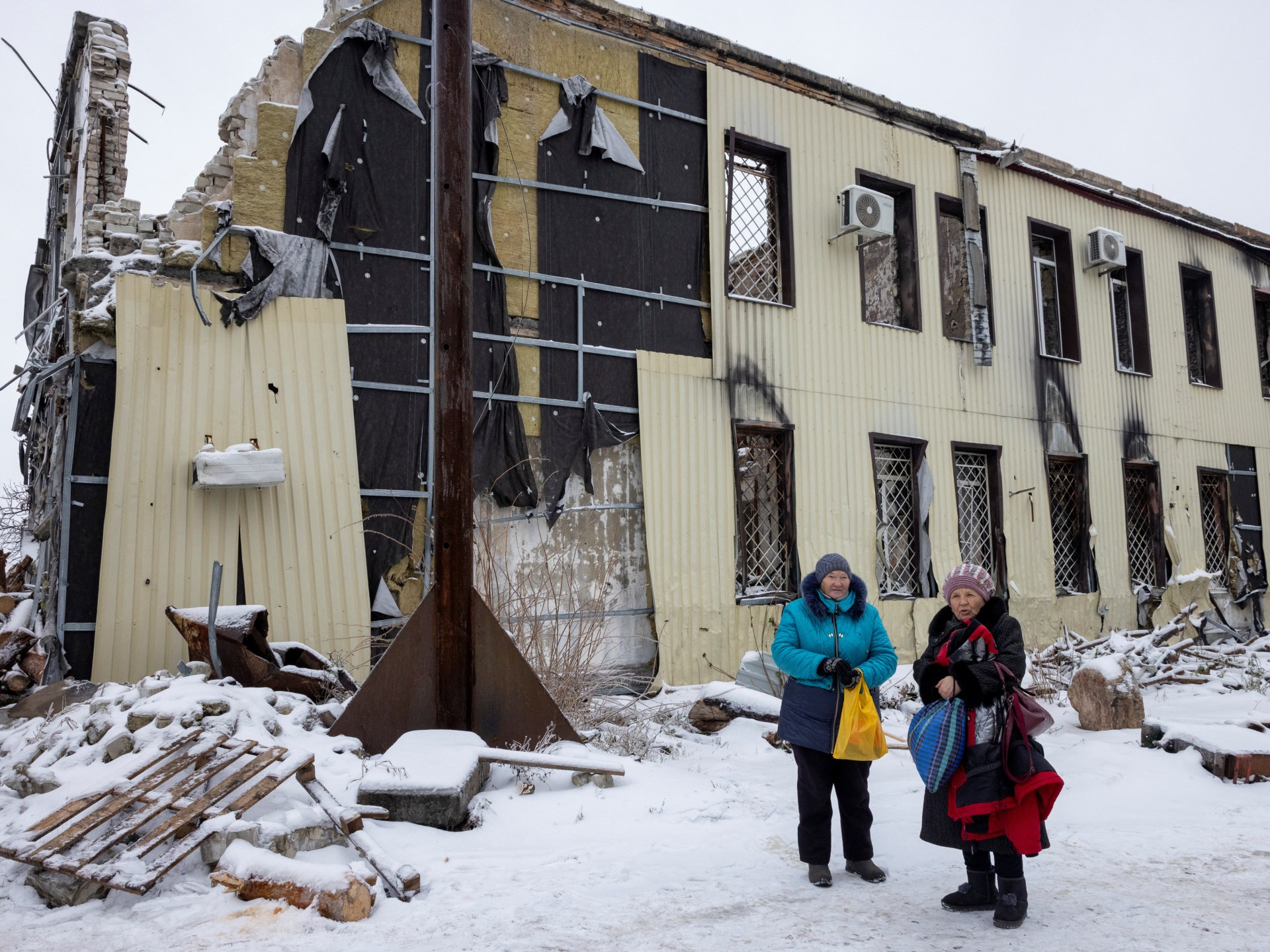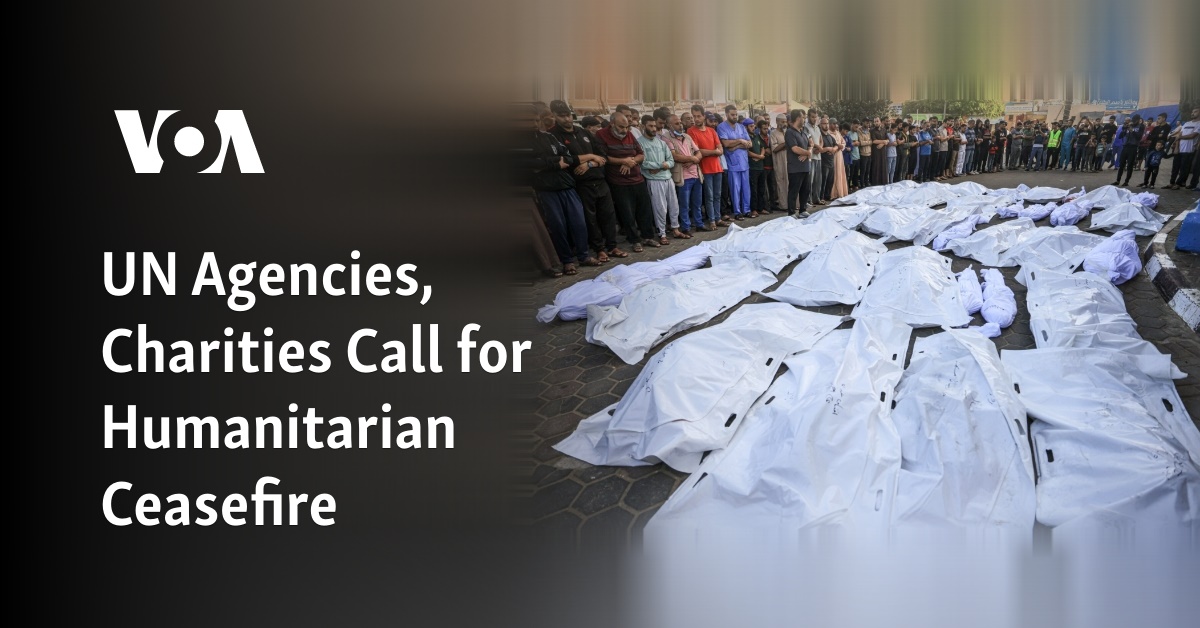
The United Nations human rights chief said Russia had “significantly failed” to take adequate measures to protect civilians in Ukraine and there was evidence that Russian forces had committed war crimes.
Volker Turk, the U.N. high commissioner for human rights, said Tuesday that his office’s monitoring revealed “serious violations of international human rights law, serious violations of international humanitarian law and war crimes, particularly by the armed forces of the Russian Federation.”
These included 142 cases of summary executions of civilians since Russia’s invasion of Ukraine in February last year, as well as enforced disappearances, torture and ill-treatment of detainees, including through sexual violence.
Russia has denied committing atrocities or targeting civilians in Ukraine.
“The situation in Ukraine appears to have added to a litany of ongoing suffering, and the world’s attention appears to have been dulled by the multiple crises we face,” Turk told the Human Rights Council in Geneva.
Russia has not taken “appropriate measures to protect civilians” or civilian infrastructure “from the effects of their attacks,” he said. The armed forces of both countries, especially Russia, must abide by international human rights and humanitarian law, he added.
“They must stop using large-scale explosive weapons in populated areas and carefully map the location of mines,” he said.
On Tuesday, Russia’s Defense Minister Sergei Shoigu said that Russian forces had laid 7,000 square kilometers (2,700 square miles) of minefields along the 2,000 kilometer (1,250 mile) route since the start of what Moscow called a “special military operation” in Ukraine. Frontline.
At a meeting with Russian President Vladimir Putin and senior defense officials, Shoigu also said that Russia had increased tank production by 5.6 times.
Swaying West
Given the wavering, the Ukrainian military is feeling even more pressure on the front Support from the USA and some European countries.
After weeks of effort rally Despite military and political support through visits on both sides of the Atlantic, Ukrainian President Volodymyr Zelensky failed to persuade the US Congress to approve $60 billion in aid, while Hungarian Prime Minister Viktor Orban planned in Brussels Aid worth around 50 billion euros (55 billion US dollars) was blocked for Kiev.
Nevertheless, the European Union invited Ukraine to do so open membership discussions last week, despite the objections of Orban, who argued in isolation that the European Union’s financial resources should be saved for existing members.
British Foreign Secretary David Cameron expressed his commitment to Ukraine on Tuesday, saying: “Britain and France are loyal supporters of Ukraine and we will remain so for as long as it is necessary.”
“I have no doubt that we can make it happen [President Vladimir Putin] “Loses, and it is important that he loses,” Cameron said after talks with his French counterpart Catherine Colonna in Paris.
Cameron said Western countries must work together to “pay off that economic strength and commitment” as allies “outperform the Russian economy by 25 to one or more.”
Neither Cameron nor Colonna announced any new aid to Ukraine in their comments to reporters.
“Working hand in hand from the start to ensure that our two countries ensure that Russian aggression is not rewarded is a failure,” Colonna said.
Zelensky’s visit to leaders of Nordic countries last week brought some positive results: Norway promised $275 million in additional aid. And Denmark said it would seek parliamentary approval for $1.1 billion in new funding.
Zelensky will hold a year-end press conference later on Tuesday.






Recent Comments